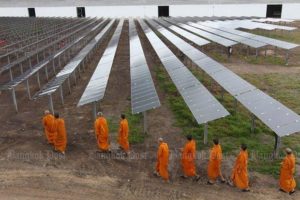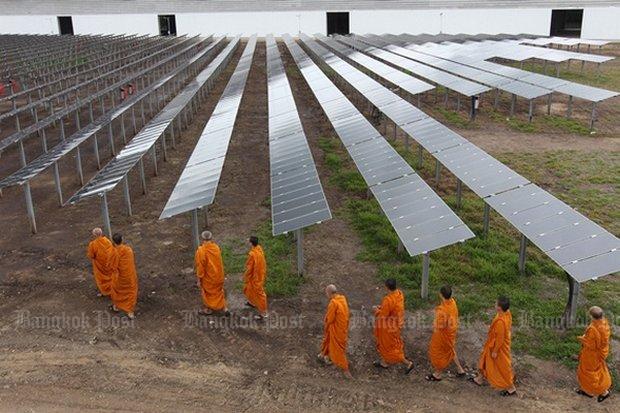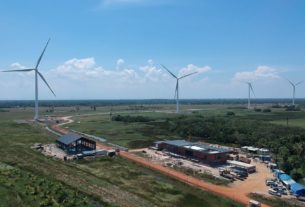
Give renewable energy a chance
The Minister of Energy announced this week the government will stop purchasing electricity from renewable power projects for the next five years. The reasoning is that such projects have caused retail electricity tariffs to jump by 20-25 satangs per unit, and that the electricity system has enough installed capacity for now.
This policy, if implemented, will undo a decade of success that Thailand has achieved on the path toward sustainable energy.
Let’s explore the history to understand why the minister’s argument is fundamentally flawed and misleading.
Since 2007, Thailand has stimulated investment in renewable power using a form of subsidy called adder. The adder, given as an additional payment per kilowatt-hour of electricity on top of the wholesale rate, was designed to incentivise potential developers and investors to enter and grow a relatively new industry. This subsidy has been reduced over time to match market conditions and, in some cases, the increasing competitiveness of renewables with conventional electricity sources.
This decade of renewable energy support has not been wasted.
During this period of building up the renewable energy market, Thailand has emerged as a leader in Southeast Asia.
As a leader, we have been producing more clean energy, contributing to reduced greenhouse gas emissions, creating new types of jobs, utilising local resources, and spurring invaluable know-how and skills for the Thai energy industry.
Renewable power is also beneficial to the electricity system. The Electricity Generating Authority of Thailand (Egat) illustrated on its information page how solar power plants have contributed to system peak load reduction, equivalent to around 1 gigawatt of power. This one gigawatt is about the size of a nuclear power plant, or three coal-fired power plants that we have not had to build.
If accompanied by proper planning, deferral of conventional power plants can translate into lower retail tariffs for all utility customers.
In short, the subsidy for renewables in the past decade has benefited all Thais. The problem is that these benefits have not been addressed or quantified by policymakers. So the argument that renewables cause rate increases is an argument that doesn’t tell the whole story.
In addition, the increases in the retail rate due to renewables should be put into context. How does it compare to retail electricity prices that have been caused by overinvestment in power plants, as well as other causes of price increases, such as natural gas price fluctuation?
By design, the renewable energy subsidy should eventually be cancelled once it becomes competitive with conventional electricity sources.
Indeed, we are at a point now where renewable power projects in Thailand may not need a subsidy like they did before.
Like eggs that are ready to be hatched, Thailand’s renewable power industry has incubated over the past decade. Just about when the eggs are ready to be hatched, the government should not freeze them. A tangible and fair policy would be to open electricity generation to competition by setting up a bidding process that allows renewable power projects to demonstrate their competitiveness with fossil-fuel based power plants.
________________________________________
Sopitsuda Tongsopit, PhD, is an independent energy consultant based in California. She has extensive experience in solar PV economics, distributed energy policy, regulation, and design. Between 2016 and 2017, she advised the Thai Ministry of Energy on a policy to support the production of electricity from distributed solar photovoltaic systems for self-consumption.
Source: https://www.bangkokpost.com/opinion/opinion/1437543/give-renewable-energy-a-chance

